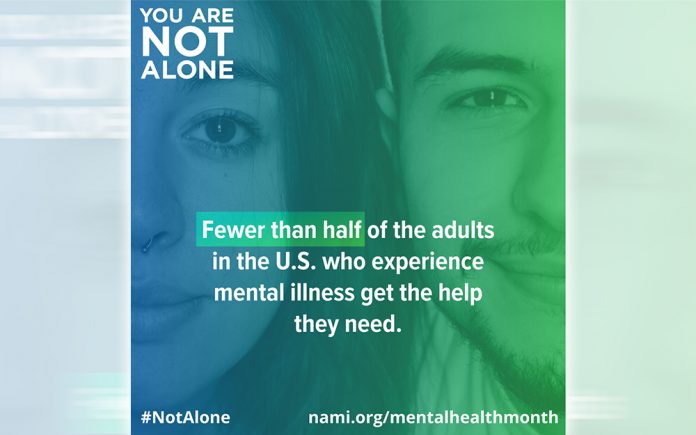
By Fire Chief Sam DiGiovanna
The COVID-19 pandemic has likely brought many changes to how you live your life, and with it uncertainty, altered daily routines, financial pressures and social isolation. You may worry about getting sick, how long the pandemic will last and what the future will bring. Information overload, rumors and misinformation can make your life feel out of control and make it unclear what to do.
During the COVID-19 pandemic, you may experience stress, anxiety, fear, sadness and loneliness. And mental health disorders, including anxiety and depression, can worsen. It’s important to learn self-care strategies and get the care you need to help you cope. It may require you seeking professional help.
With May being Mental Health Awareness Month, let’s start with some tips on what to do when responding to medical calls or welfare checks where you suspect the person has a mental health issue. Remember that one out of five U.S. adults experience a mental illness at some point in their lives.
While suicide is the most devastating outcome of mental illness, there are a host of other, more common effects that many of our brothers and sisters live with every day. They include:
- Anger, anxiety, aggressiveness
- Depression
- Insomnia
- Erratic or impulsive behavior
- Substance abuse (including prescription drugs)
It is import we raise our awareness to this growing concern. We all experience difficult times and stress in our lives, and no one should feel ashamed in seeking help to manage those times.
For more information on Mental Health Awareness Month, visit the National Alliance on Mental Illness, the country’s largest grassroots mental health organization dedicated to improving the lives of individuals and families affected by mental illness.
If you feel you are suffering from any of the above or may need counseling, contact a licensed qualified therapist.











































